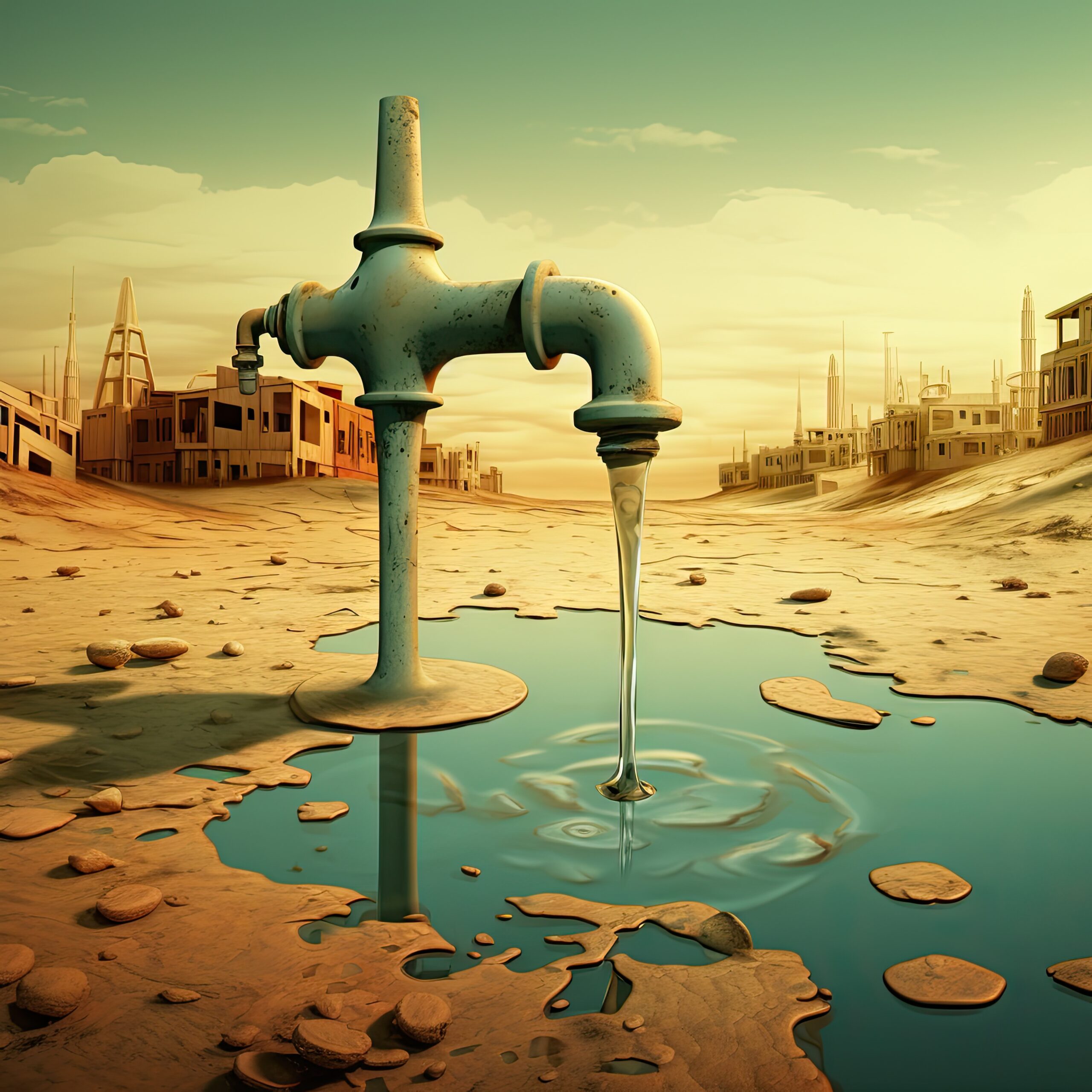Climate Change: No Longer a Future Threat for India
Imagine this: a school in Delhi cancelling classes because it’s simply too hot for students to sit in classrooms. A farmer in Maharashtra watching his entire crop fail because the rains didn’t arrive on time. Families in Assam evacuating their homes for the fifth time in a year because of floods.
This is not fiction. It’s daily reality.
For years, climate change was spoken of as something that would affect “future generations.” But in India, the future has already arrived.
A recent global survey found that more than half of Indians today are worried about climate change—and the worry is not just philosophical. It’s practical. It’s about whether families will have food, clean water, jobs, or even safe homes to live in ten years from now.
Why Are Indians So Concerned?
Climate anxiety is not paranoia. There are concrete reasons why concern is rising across India’s urban cities and rural heartlands:
1. Extreme Weather Is Becoming the New Normal 🌡️
Delhi recorded its hottest day in history at 52°C in 2024.
Cyclones like Amphan, Tauktae, and Remal have displaced millions in recent years.
Floods in Himachal and Uttarakhand are washing away entire towns.
For the first time, climate events are no longer “once-in-50-years.” They’re happening every year, sometimes every few months.
2. The Water Crisis
Groundwater levels in north India are declining at an alarming rate. Bengaluru, once called the “city of lakes,” is preparing for Day Zero. Chennai already experienced a water crisis in 2019. Families spend more on water tankers than on electricity bills.
For an agrarian country, water stress means food insecurity is not far behind.
3. Health and Air Pollution
Rising heat has increased cases of heatstroke and dehydration. Changing rainfall patterns are spreading mosquito-borne diseases like dengue and malaria.
And then there’s air pollution—New Delhi frequently records the worst air quality in the world. Families can afford air purifiers, but you can’t buy clean air for your lungs.
4. Economic Disruption
Climate change is also a financial crisis. Farmers face unpredictable harvests. Fishermen lose livelihoods due to warming seas. Even IT companies in cities face disruptions when floods shut down transport and power.
5. The Next Generation’s Fear
Perhaps the deepest worry is this: what kind of world are we leaving behind?
Children today are growing up in a climate where schoolbooks teach “global warming,” but they are already living through it. This creates eco-anxiety—a real mental health issue where young people feel hopeless about the future.
Beyond Worry: The Indian Way Forward
Here’s the truth: worry alone won’t change anything. Action will.
And India has the unique opportunity to be a global leader in the climate fight.
Individual Actions Matter
Use public transport, cycle, or carpool where possible.
Reduce single-use plastic and shift to sustainable products.
Switch to renewable energy sources like solar panels at home if possible.
Save electricity—every unit counts in reducing emissions.
Education and Awareness
Climate education must go beyond textbooks. Students should be encouraged to work on sustainability projects, farmers should receive training in climate-smart agriculture, and urban residents should be taught water conservation techniques.
Green Jobs = The Future
The job market is shifting. By 2030, millions of jobs will be in renewable energy, green construction, and eco-technology. If India’s youth start preparing today, they won’t just survive climate change—they’ll build careers out of solving it.
Policy and Leadership
India’s government has already pledged to achieve net zero by 2070, but this can’t happen without people’s participation. Local leaders, NGOs, and entrepreneurs need to collaborate with citizens.
The Emotional Side: Why We Must Talk About This
It’s easy to dismiss climate discussions as “too big” or “too technical.” But let’s humanize it:
A child missing school because of floods is not just a statistic.
A farmer losing his land to drought is not just “data.”
A mother worried about her child’s asthma due to Delhi’s air is not just “an article.”
These are real Indian families. These are our neighbors, our relatives, our friends.
India’s Unique Position
India is home to 1.4 billion people—nearly 18% of the world’s population. Whatever happens here affects the planet.
If India can make its cities greener, the world notices.
If Indian farmers adopt climate-smart techniques, food security improves globally.
If Indian youth lead in innovation, the next billion-dollar “green startup” will come from here.
This is not just a challenge—it’s an opportunity.
Final Thought: From Anxiety to Action
Yes, over half of Indians are worried about climate change. But instead of being paralysed by fear, this moment can spark a nationwide shift in mindset.
Because climate change is not just an environmental issue. It’s a mindset issue.
Do we stay stuck in fear?
Or do we rewire our thinking, build resilience, and prepare to thrive in uncertain times?
At the end of the day, every crisis is also a chance for transformation.
👉 If you want to learn how to build resilience, adaptability, and leadership in uncertain times, explore insights from Dr. Jitesh Gadhia. His coaching helps individuals and organizations turn challenges—like climate change—into opportunities for growth.
FAQs
Q1: Why are Indians so worried about climate change?
Because it directly affects daily life—heatwaves, floods, water shortages, health problems, and agriculture.
Q2: How does climate change affect Indian students?
Students face eco-anxiety, missed school days due to heatwaves or floods, and fear about their future job security in a warming world.
Q3: What solutions can help India tackle climate change?
Adopting renewable energy, climate-smart farming, water conservation, public awareness, and green jobs are key solutions.
Q4: Can individuals really make a difference?
Yes. Lifestyle changes like reducing waste, conserving water, and supporting eco-friendly businesses collectively have huge impact.


